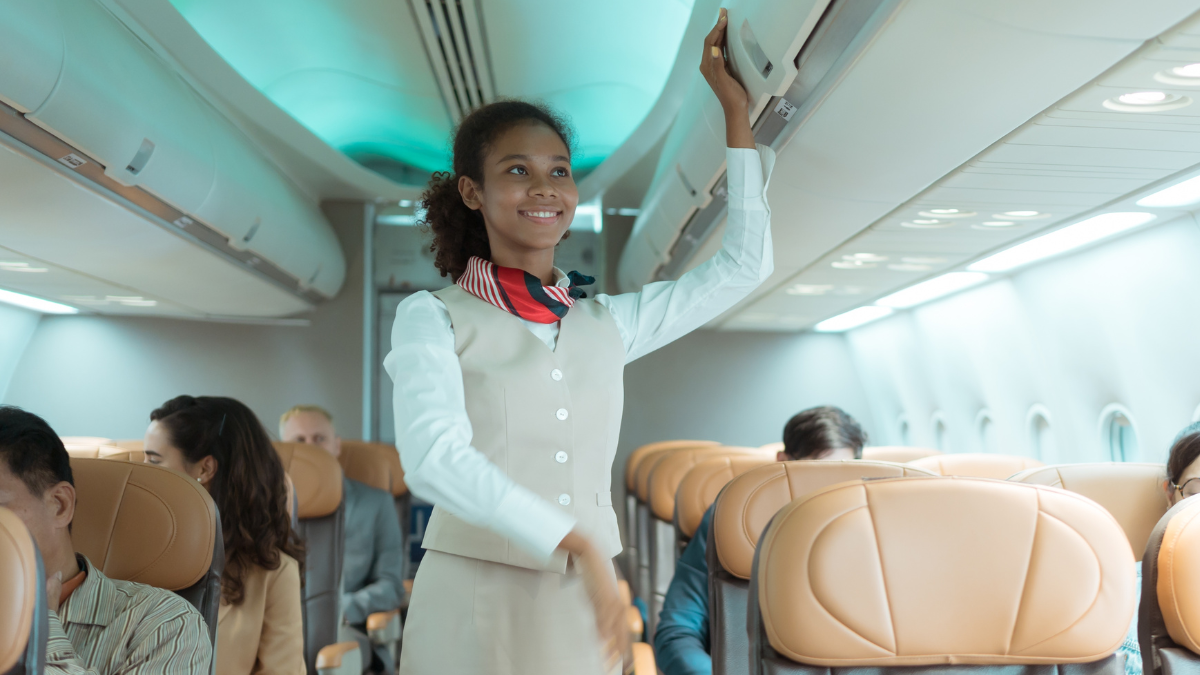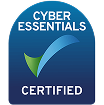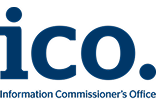From training to take-off: Understanding the Cabin Crew apprenticeship and End-Point Assessment

As airlines look to the future, the cabin crew apprenticeship is fast becoming a cornerstone of workforce development, with TUI trialling the apprenticeship standard in 2026, Jet2 soon launching a recruitment drive for their next intake, and training providers like A S Training aiming to double their apprenticeship numbers next year.
The standard is professionalising the role of cabin crew and providing a structured, high-quality training route, preparing apprentices for one of the most safety-critical, customer-focused roles in the travel and tourism industry.
Now that we’re officially approved to deliver the Cabin Crew Apprenticeship End-Point Assessment (EPA), we’re here to help employers and training providers understand exactly what the standard involves, how the assessment works, and what support is available every step of the way.
What the Cabin Crew apprenticeship covers
The Level 3 Cabin Crew Apprenticeship is designed to develop the knowledge, skills, and behaviours (KSBs ) that define excellent cabin crew performance.
Apprentices demonstrate that they know how to:
Carry out pre-flight operations in a safety-critical environment
Deliver exceptional passenger service
Maintain compliance with aviation safety and security regulations
Respond calmly and effectively to in-flight incidents
Demonstrate professionalism, teamwork, and customer care under pressure
The standard also builds essential behaviours for modern Cabin Crew in personal resilience, problem-solving and communication.
For employers, the apprenticeship provides a structured and regulated pathway for developing employees who not only meet operational needs but also reflect your airline’s service culture and safety values.
The role of the Cabin Crew apprenticeship End-Point Assessment
End-Point Assessment is the final destination of the apprenticeship journey, the independent evaluation that ensures each apprentice meets the nationally defined standard.
The EPA ensures that every apprentice who completes their training is fully prepared to perform safely, confidently, and consistently in a live airline environment. This is a quality safeguard for employers, training providers, and the learners themselves.
As an approved End-Point Assessment Organisation (EPAO) for this standard, our role is to deliver a fair and supportive assessment process. We provide:
- Clear guidance for training providers, employers and learners
- Flexible scheduling to suit operational timetables
- Experienced assessors with travel and education expertise
- Transparent feedback and reporting
Our goal is to make sure the assessment is the smooth landing after the training journey, with no disruption to your training or flight operations.
What’s included in the Cabin Crew End-Point Assessment
The Cabin Crew EPA with iCQ includes three key assessment methods, designed to test the apprentice’s ability to apply their learning in real-world contexts.
A structured, online or written assessment that evaluates the apprentice’s understanding of topics such as:
- Aviation safety and security regulations
- Customer service principles
- Emergency procedures
- Industry-specific terminology and policies.
This test ensures apprentices have a strong understanding of the knowledge aspects of the apprenticeship standard.
The observation allows apprentices to demonstrate their skills and behaviours in a simulated environment such as mock boarding, safety demonstrations, or passenger interaction scenarios within the cabin.
The professional discussion is a structured conversation between the assessor and the apprentice. It is designed to explore the apprentice’s decision-making, reasoning, and reflection on their role. It’s an opportunity to show deeper understanding, situational awareness, and commitment to safety and service. It will cover aspects of the knowledge, skills and behaviours not seen in the other assessments.
How employers and providers can prepare for the apprenticeship journey
Delivering apprenticeships in aviation comes with its own set of operational challenges, from unpredictable flight schedules to rigorous safety and compliance demands. That’s why planning ahead is essential.
Here’s how you can ensure a smooth route to assessment:
- Start conversations early to confirm timelines, booking windows, and logistics.
- Early engagement helps align assessment dates with operational peaks or recruitment cycles.
- Make sure your training plan clearly covers all knowledge, skills, and behaviours (KSBs).
- Regular formative assessment will help identify any development gaps before EPA.
- Practice assessments or professional discussion rehearsals can build confidence and reduce anxiety.
- iCQ provide mock on-screen assessments, professional discussion templates and mark scheme guidance – all in the same format as the final assessments to help prepare learners.
- A strong partnership between provider, employer, and EPAO ensures everyone stays on course and apprentices are fully prepared.
What can your Cabin Crew End-Point Assessment Organisation (EPAO) help you with?
Choosing the right EPAO partner can make all the difference to your apprenticeship programme’s success.
As an approved organisation for the Cabin Crew apprenticeship EPA, we understand the unique demands of aviation training – from compliance to culture. We’ve designed our assessment approach around three key principles:
- Clarity: Clear communication and documentation from booking to certification.
- Flexibility: Assessment schedules that work around your flight operations and intakes.
- Quality: Assessors who bring both industry experience and educational expertise.
Our focus is on partnership. We want everybody involved to have full confidence that every apprentice who completes their programme has truly earned their wings.
Looking ahead: the future of Cabin Crew training
The aviation sector is rebuilding and evolving, and apprenticeships are central to its recovery and growth. By embedding structured learning and rigorous assessment, the cabin crew apprenticeship helps create a workforce that’s resilient, skilled, and ready for the skies.
What this means for you:
- With more employers embracing apprenticeships, the demand for high-quality, compliant EPA services is rising.
- The pilot cabin crew apprenticeship by TUI highlights the broader industry shift to structured, formalised entry-routes into cabin crew roles, making the roles of training providers and employers more strategic in meeting workforce demands.
- By being a part of planning for the future workforce ahead of schedule, you can be in a strong position to secure your next cohort, align with peak-season schedules and partner with a trusted EPAO that understands the sector.
In short: the pipeline from training to assessment to employment is tightening. By acting now, you can lock in the support, compliance and scheduling you need to be ready for take-off.
iCQ: Now taking bookings for your next peak season
Let’s make sure your apprentices are cleared for take-off. Speak to us today to find out more.




